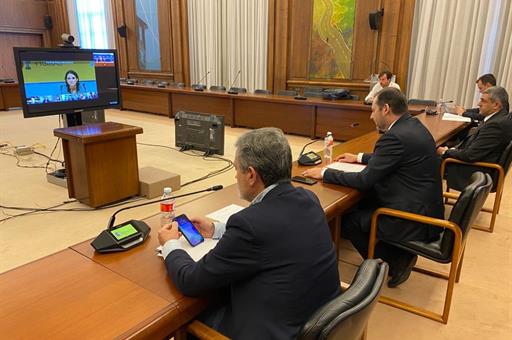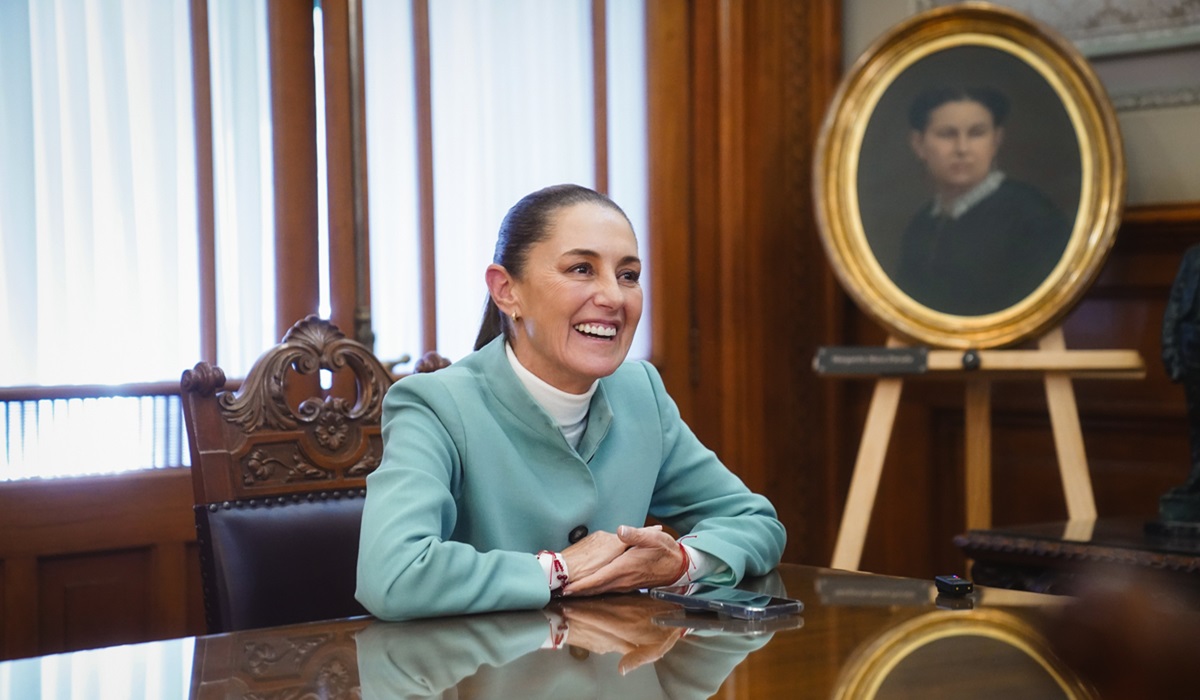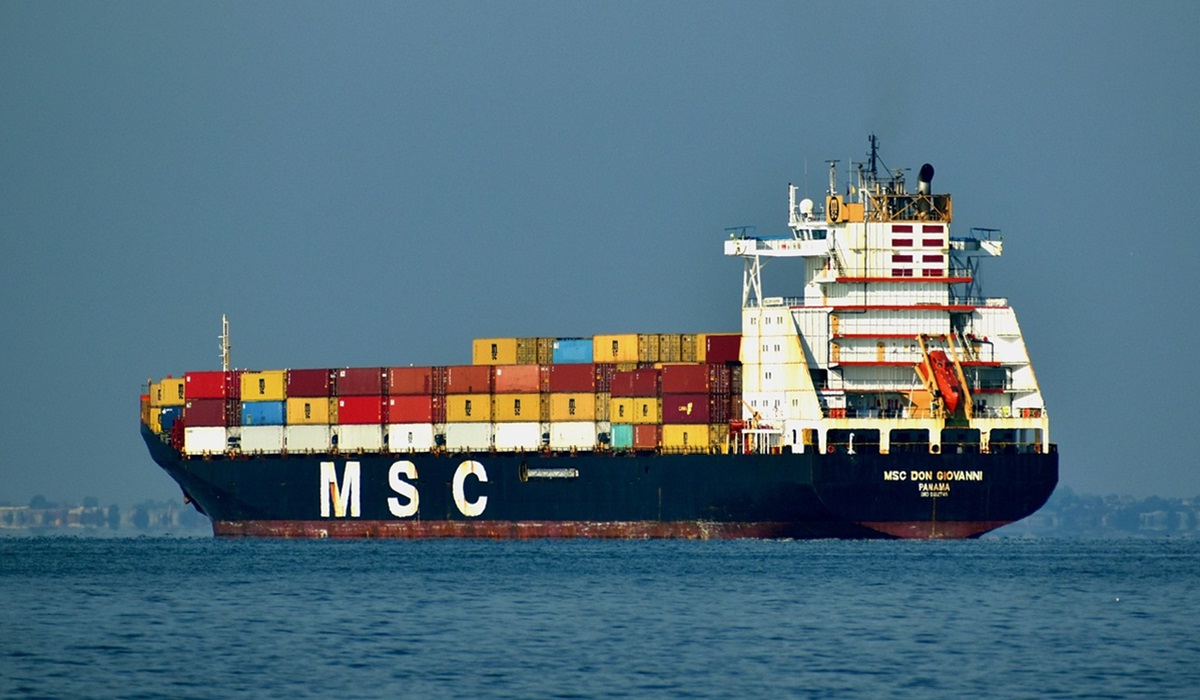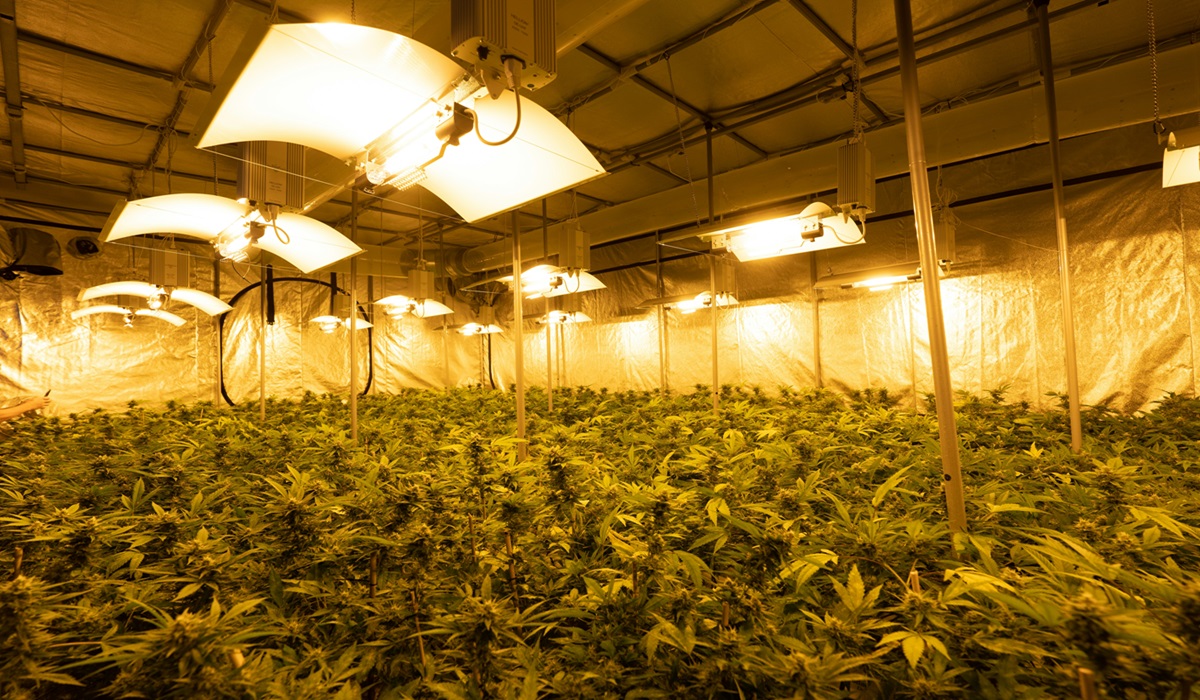COVID-19 has crippled Spain’s Tourism Industry. Spain was hit hard early by the coronavirus pandemic
The positive figures on the evolution of the pandemic and the speed with which the de-escalation is unfolding, particularly in some areas, point to the goal of opening up Spain to tourism as from 1 July becoming a possibility within a framework of guaranteeing the health of everyone.
Spain’s Transport Ministers José Luis Ábalos, and the Minister Tourism, Reyes Maroto, has assured the tourist sector that travellers will enjoy a safe summer season.

At a video-conference with business owners in the sector – including the participation of the General Secretary of the UN World Tourism Organization, the two ministers highlighted that the positive figures on the evolution of the pandemic and the speed with which the de-escalation is unfolding, particularly in some areas, point to the goal of opening up Spain to tourism as from 1 July, as the President of the Government, Pedro Sánchez, announced last Saturday, becoming a possibility within a framework of guaranteeing everyone’s health.
The two ministers said that this is a joint task to be developed by the Ministries of Transport, Mobility and Urban Agenda, of Foreign Affairs, of Home Affairs, of Health, and of Industry, Trade and Tourism, in collaboration with our European partners.
José Luis Ábalos and Reyes Maroto underscored the weighting of the sector in the economy and in its role in job creation in Spain, one of the main pillars of the Spanish economy, as Spain receives 83 million inbound tourists a year, and the tourism sector accounts for 12.3% of our GDP and generates more than 2.6 million jobs in our country.
Measures for the new normality
During the remaining weeks until that date, the government will take the necessary steps to lift the restrictions on mobility and capacity of means of transport. In fact, it is already working on several scenarios:
- Lifting internal borders in Europe, and hence removing the obligation for citizens that come to our country to spend two weeks in self-isolation as from July. However, control measures will be maintained, such as taking people’s temperature, filling out questionnaires and the monitoring of those people who enter through airports or ports.
- Opening up more designated points of entry at both airports and ports is being studied.
- The implementation of pilot projects for safe corridors before lifting the restrictions at borders for citizens from the Schengen area, while maintaining health control measures to avoid any risk of a secondary outbreak.
- Evaluating the introduction of potential safe corridors for third countries, provided that they have the same level of health and safety and establish agreements under reciprocal terms.
All actions will be carried out based on three premises:
- The epidemiological figures must support easing mobility restrictions both within the country and at EU borders and, as the case may be, for third countries.
- The measures to open the country will be coordinated with the EU Member States in terms of standardised health protocols both on health matters and throughout the tourism chain.
- All actions will be taken within a foreseeable framework of safety. The guides and recommendations that the European Commission has approved on this matter will be an essential reference.
Air transport
Air transport deserves a special mention given that it is essential for the return of tourists to our country, when taking into account that eight out of 10 inbound tourists that visit Spain come through our airports.
The Spanish Air Safety Agency (Spanish acronym: AESA) and the European Centre for Disease Prevention and Control have just published their recommendations for the sector, which the Ministry of Transport, Mobility and Urban Agenda wishes to make mandatory by passing a resolution that the department is currently drawing up. The measures will apply to both Aena and private civilian traffic managers, as well as to airlines and the operators of aircraft and passengers within national territory. AESA will be the body responsible for supervising that these measures are complied with by all operators.
To this end, Aena has already introduced the Operational Recovery Plan, which will be applied in two phases:
First phase, while the pandemic lasts
- Measures will be applied to guarantee safe conditions at its installations through cleaning and disinfection actions, signage, the installation of information panels, notifications through the public address system, and information on the web page and through social media.
- Access to people accompanying passengers will be limited at terminals, online check-in will be encouraged and security controls will be modified.
- Similarly, all the processes for baggage reclaim, crew movements, the opening of commercial premises and car parks, and operations to board and leave aircraft will be readapted.
- All passenger control measures will be coordinated with the health authorities.
Second phase
A series of investments will be made, both in technological development and in infrastructures, to allow the application of permanent social distancing measures.
Also, Worth Reading
In Germany, Anti-Semitism Creeps into Covid-19 Protests









